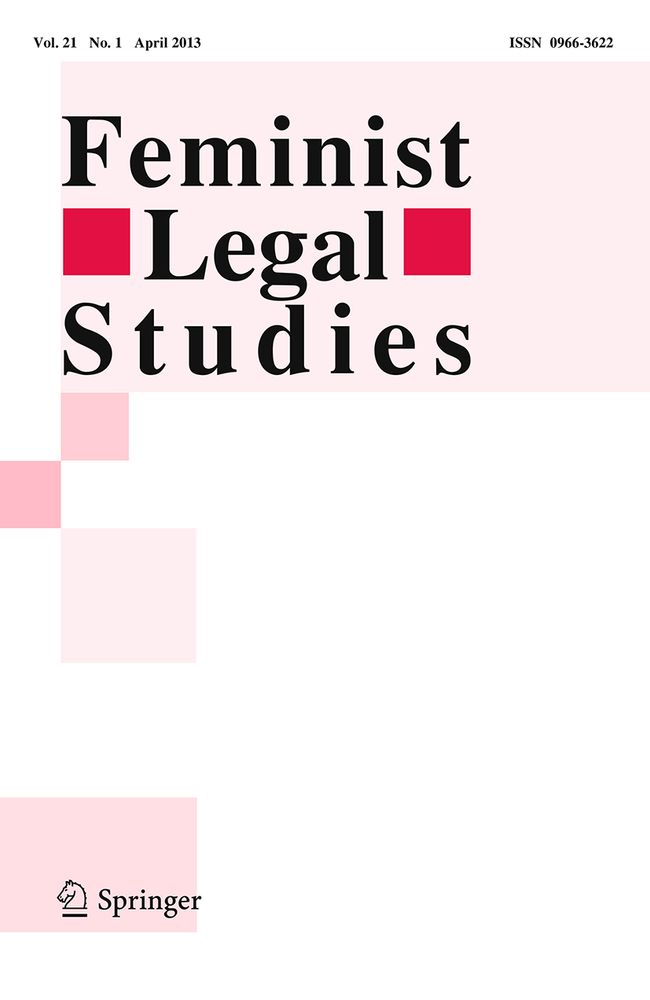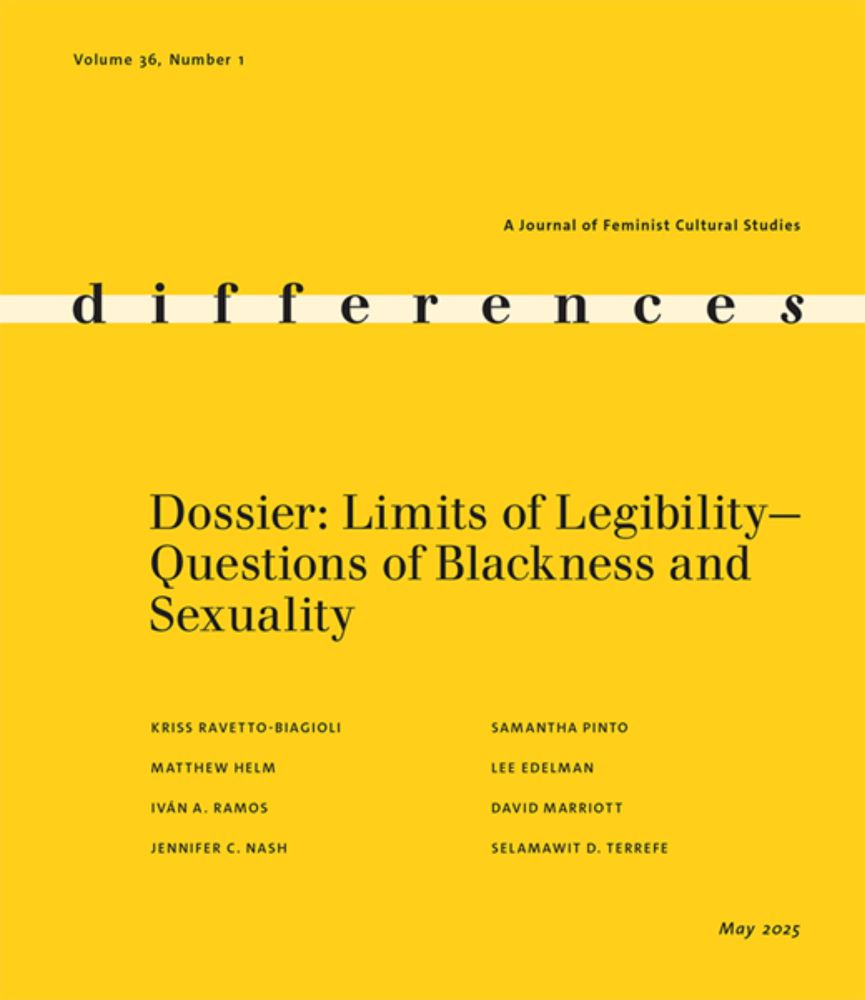Feminist Legal Studies
@flsjournal.bsky.social
1K followers
180 following
30 posts
Feminist Legal Studies is committed to an international and interdisciplinary perspective and to the promotion of feminist work in all areas of law, legal theory and legal practice.
https://link.springer.com/journal/10691
Posts
Media
Videos
Starter Packs
Pinned
Reposted by Feminist Legal Studies
Reposted by Feminist Legal Studies
Reposted by Feminist Legal Studies
Reposted by Feminist Legal Studies
Reposted by Feminist Legal Studies
Reposted by Feminist Legal Studies
Reposted by Feminist Legal Studies
Reposted by Feminist Legal Studies
Reposted by Feminist Legal Studies
Fatima Ahdash
@fatimaahdash.bsky.social
· Aug 31
Reposted by Feminist Legal Studies
Reposted by Feminist Legal Studies
Reposted by Feminist Legal Studies
Reposted by Feminist Legal Studies
Reposted by Feminist Legal Studies
Reposted by Feminist Legal Studies
Nora Jaber
@norajaber.bsky.social
· Jul 3

Beyond International Human Rights: Islamic Feminism as Alternative Rights Praxis - Feminist Legal Studies
This article examines Islamic Feminism (IF) as an example of an alternative rights framework that falls beyond international human rights law (IHRL) in terms of its epistemic and conceptual grounding ...
link.springer.com













